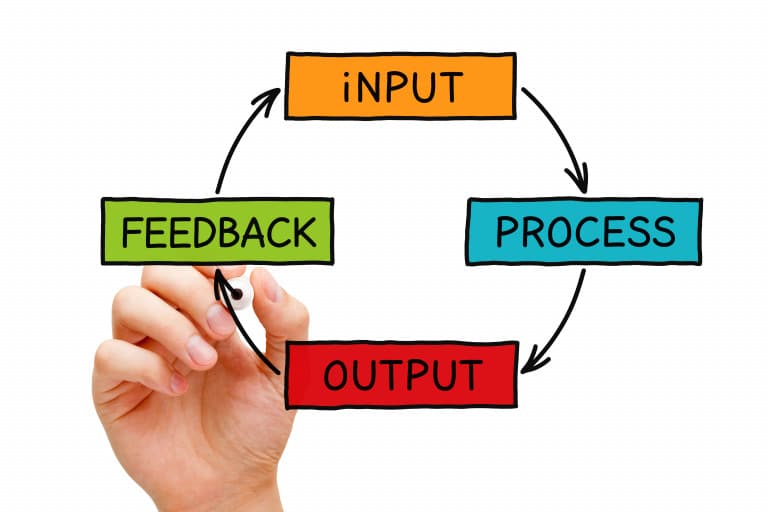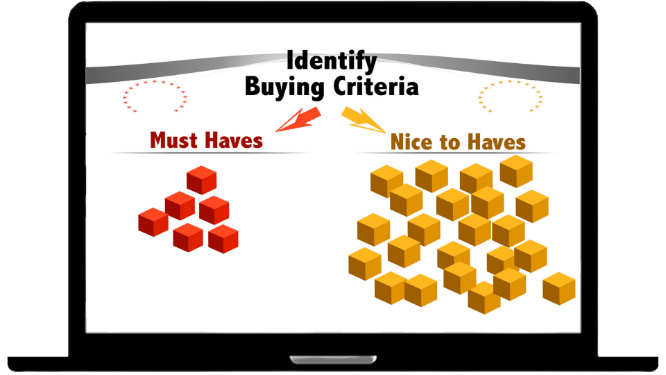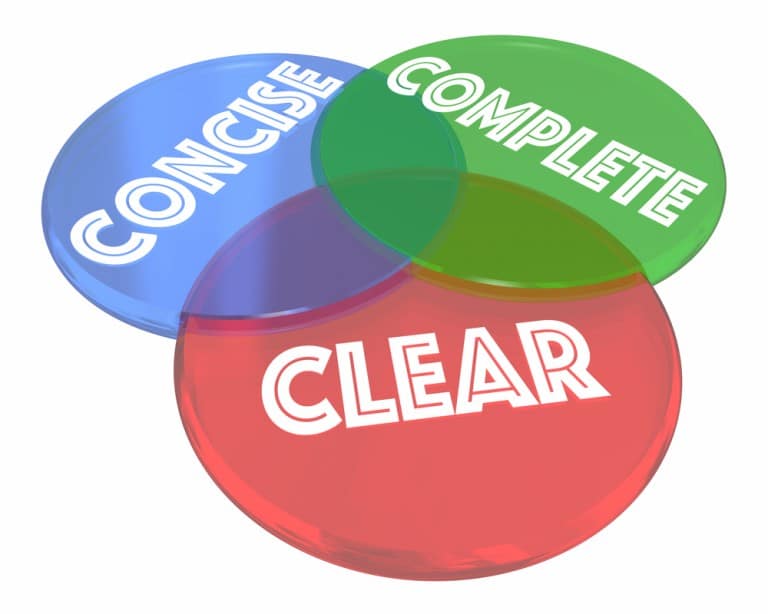I recently asked a group of salespeople to tell me about their #1 sales challenge. One common theme in their answers was the timing of pricing discussions. A customer keeps pressing the salesperson for a price early on during the discussions and won’t budge until they hear an answer from the salesperson.
This situation is something of a catch-22.
If you give the customer a price BEFORE you fully understand their problems, it’s likely the price won’t include features, capabilities, or even solutions that you later learn are important to them. Also, it encourages the customer to compare solutions from different vendors based on price alone rather than your features and capabilities.
However, if you ignore the question, the customer will think you’re not listening to them.
The problem is that at the beginning of their buying process, customers are doing a cost-benefit analysis either formally or informally. They want to know how big the price of fixing a problem is going to be relative to the benefit they will see. If the price is bigger than the benefit, the buying process stops before it really gets going.
That’s why one of my cardinal rules of selling is to make sure the customer understands the full impact of their problems (or potential cost of missing an opportunity). My own customers ask me all the time for a ballpark price on the sales training I offer. I never answer that question until the customer appreciates what it is costing them to continue living with the problems they have—and what can be gained by improving the situation. I have to avoid diving into my pitch and instead get the customer to talk.
For example, years ago, I had a standard $20K sales training program that I thought would serve one of my prospects. But I knew at the time that they would balk at the price. So when he asked me about price, I responded by asking him a few questions. First, what he thought the problem was and why he thought that problem was occurring. And second, what the impact of fixing that problem would be on his bottom line. This is when it got interesting…
He said improving his staff’s prospecting success could add $1 million in revenue, about 65% of which would be profit. Think about that—he had just told me about the potential value to him of my training solution! I could make a pretty strong argument that investing $20K in training to generate a potential $650K of profit was a great deal.
I’ve never had a sales opportunity where price wasn’t an issue. The trick is to come up with a tactic that will keep the customer moving forward in the buying process without you having to give them a number right off the bat.
It goes like this. The customer says, “What will this cost me?” You say, “I’d love to answer that question. Is it OK if I ask you a few questions first to make sure that I can give you an accurate quote?” Most times, they will say yes.
When you start this discussion, follow another of my rules: always dig for a second (and third) need! Don’t stop probing the customer as soon as they mention a first need. Ask questions that will get them to talk about other problems they are experiencing, other opportunities that may be around the corner. The more problems and needs you (and they) identify, the greater urgency they will feel to make a change sooner rather than later.
Most important: Link priority customer needs to your differentiators. Remember that buying criteria—the factors that will decide which solution the customer chooses from which vendor—are a subset of all the decision criteria. Any criteria linked to features or benefits where all the potential providers are substantially equal do not help the customer make a choice… so they disappear as buying criteria.
If you can clearly tie the customer’s problems to differentiators in your solution, just imagine how strong your negotiating power will be!
The art of selling lies in developing urgency in the mind of your customer to make a change now… by purchasing your solution! And the more value they perceive in your solution, the less likely they will be to haggle extensively over price.
That’s why the best response to “what will this cost me?” question is to ask diagnostic questions, and engage the customer in a discussion that allows them to collaborate in helping you develop an answer to the price question in a way that lays out not just the cost but the benefit to them. That’s the essence of value-based selling.
To learn more about our online sales training or sales manager training programs, please contact us https://toplineleadership.com/contact/
Kevin F. Davis is the author of the book, “Slow Down, Sell Faster!” (available on Amazon.)









